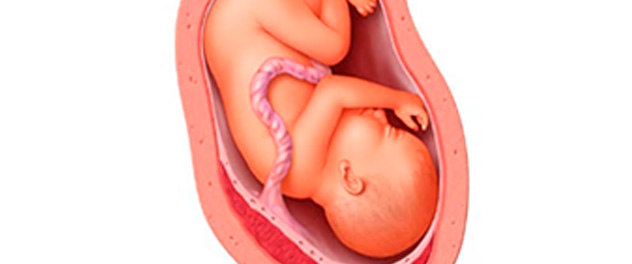 Exploring the science to improve prevention, diagnosis and treatment of infectious diseases during pregnancy
Exploring the science to improve prevention, diagnosis and treatment of infectious diseases during pregnancy
Dr. Chakraborty and his colleagues focus on mechanisms of infectious diseases during pregnancy, with the aim of improving diagnosis, prevention and treatment of diseases that can pass from mother to fetus. The team's groundbreaking research into placental immunology has implications for improved prevention and treatment of conditions, including with human immunodeficiency virus (HIV), cytomegalovirus (CMV), Zika and of SARS-CoV-2.
Overview
The Placental Immunology and Maternal Alloimmune Responses Lab, under the direction of Rana Chakraborty, M.D., D.Phil., focuses on mechanisms of infectious diseases during pregnancy. The placenta provides oxygen and nutrients to the fetus, and a protective barrier to prevent the transmission of pathogens (viruses, bacteria, parasites) from mother to fetus. Although the cells of the placenta protect against most infections, pathogens like human immunodeficiency virus (HIV), toxoplasma, Zika and cytomegalovirus (CMV) can occasionally cross the placenta, resulting in detrimental consequences to the developing fetus. The mechanisms these pathogens use to replicate in the placenta are poorly understood. Previous data from our lab has demonstrated that fetal macrophages (Hofbauer cells) play an important role in facilitating and potentially offsetting transmission. The Chakraborty lab focuses on discovering how infections associated with fetal morbidity and mortality enter the placenta and cause disease. Studying these mechanisms could lead to the development of improved treatments, prevention and diagnostic strategies to improve outcomes in the mother-infant dyad.
Research focus areas
- SARS-CoV-2 infection. Transmission of SARS-CoV-2 to the fetus may be protected by immune mechanisms in the placenta, although inflammation can occur. Dr. Chakraborty and his colleagues are characterizing placental and cord blood immune responses to SARS-CoV-2, with an aim of identifying host genetic and immune correlates in people who have poor outcomes.
- Perinatal HIV infection. Maternal antiretroviral therapy reduces but doesn't eliminate vertical transmission of HIV. In collaboration with Erica L. Johnson, Ph.D., of Morehouse School of Medicine in Atlanta, Dr. Chakraborty is identifying viral immune responses at the maternal-fetal interface throughout gestation that impact fetal immunity during maternal HIV and cytomegalovirus infection.
- Neonatal immunity. Dr. Chakraborty and his team are seeking to understand immune signaling in placental cells and to define host factors that restrict infections in the placenta, in viruses including HIV, CMV and Zika.
- HIV-exposed infants. Cytomegalovirus reactivation during pregnancy in mothers infected with HIV is associated with poor health outcomes in uninfected infants exposed to HIV. In collaboration with Clive M. Gray, Ph.D., at the University of Cape Town in South Africa, Dr. Chakraborty and his colleagues are examining how placental cells from pregnant woman infected with HIV and CMV mobilize T cells to cause inflammation.
About Dr. Chakraborty
Dr. Chakraborty is a professor of pediatrics at Mayo Clinic College of Medicine and Science. He is also a pediatric infectious diseases specialist and researcher in the Department of Pediatrics and Adolescent Medicine and has unique expertise in placental and fetal immunology. Dr. Chakraborty studies the impact of maternal infection on exposed infants and characterizes and publishes on infection of trophoblasts, cord blood and placental macrophages with HIV-1, CMV, Toxoplasma gondii, the Zika virus and the severe acute respiratory syndrome coronavirus 2 (SARS-CoV-2).